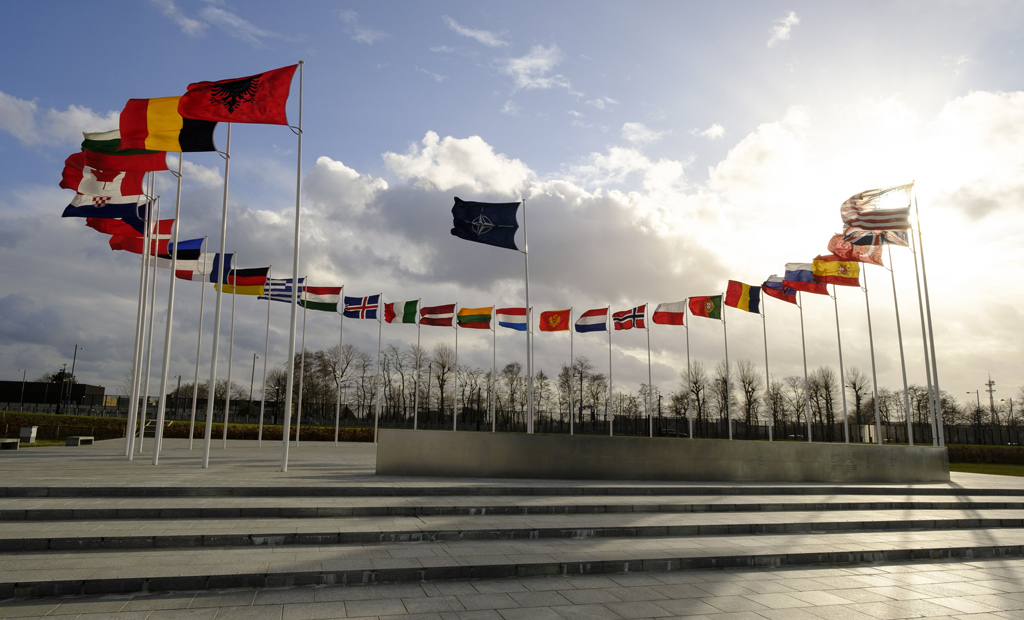The leadership change
Secondly, since the London summit in December 2019, there has been a leadership change in the biggest member of NATO. Former U.S. President Donald Trump lost his reelection bid in November 2020 and in January 2021, Joe Biden was inaugurated as the president of the country. This change in leadership in the U.S. brought three changes to the table for the NATO summit. Unlike Trump, who was known to have extremely unfavorable views of NATO, Biden made strengthening the alliances, including NATO, one of his primary objectives as a president. Trump did not mention Article 5 during the first NATO summit he attended and he criticized almost everything about NATO, from the member contribution to the NATO to the newly built headquarter of the organization.Rivalry with China
Biden is doing everything to ensure that he does things differently from his predecessor with regards to NATO. Also unlike Trump's presidency, Biden is willing to have the U.S. allies in NATO on board in its competition and rivalry with China. The members of his administration have been traveling across the world to build partnerships and strengthen alliances in order to engage in a rivalry with China. The itinerary of the secretary of state and secretary of defense in the last five months can be a showcase for this. Thus instead of following a unilateral trade war approach with China, the Biden administration is willing to get the support of the NATO allies as well. Because of that, one of the most significant items on the agenda will be in regard to China. The Biden administration is also willing to expand the geography of cooperation among the NATO allies in other regions, including Latin America and Africa. Finally, compared to the earlier summits, this time NATO will take into consideration cooperation in the field of technology. In the statement of the NATO secretary-general, it was argued that member states “discussed concrete ways to sharpen our technological edge, and prevent technological gaps among allies,” and are "considering to establish a defense innovation accelerator – a new center to foster greater cooperation among allies on technology, underpinned with extra funding from nations that decide to participate." Thus after 18 months, the member states of the trans-Atlantic alliance are coming together in a different world with a different set of priorities. Every state will bring its own priorities to the summit and Brussels will be one of the most significant meetings in the history of the organization.
[Daily Sabah, June 5 2021]







